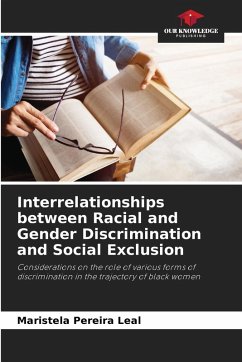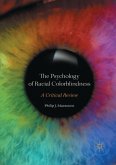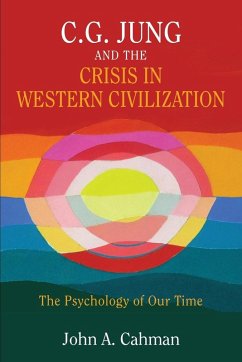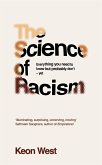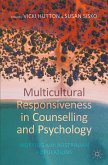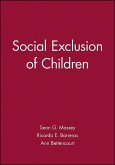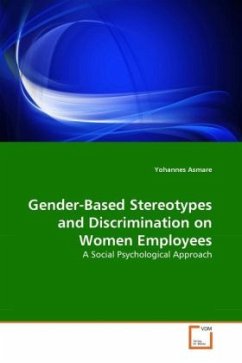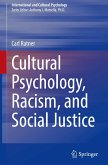This study sought to analyse the interrelationships between various forms of discrimination suffered by black Brazilian women, descendants of enslaved black African women. The general aim of the research was to analyse the role of discrimination in the trajectory of black women in Youth and Adult Education (EJA). More specifically, it focused on the following social markers: race, gender and class. A qualitative research methodology was used. To this end, individual semi-structured interviews were carried out in a school on the outskirts of Brasília - DF, with eight self-declared black women, students in Youth and Adult Education - EJA. The Content Analysis technique was used to guide the interpretation of the interviews. From the field research carried out, it was possible to understand that racism and sexism are structural elements in Brazilian society, affecting the life trajectory of the black women surveyed in various ways, including the maintenance of their historically subalternised condition.
Bitte wählen Sie Ihr Anliegen aus.
Rechnungen
Retourenschein anfordern
Bestellstatus
Storno

